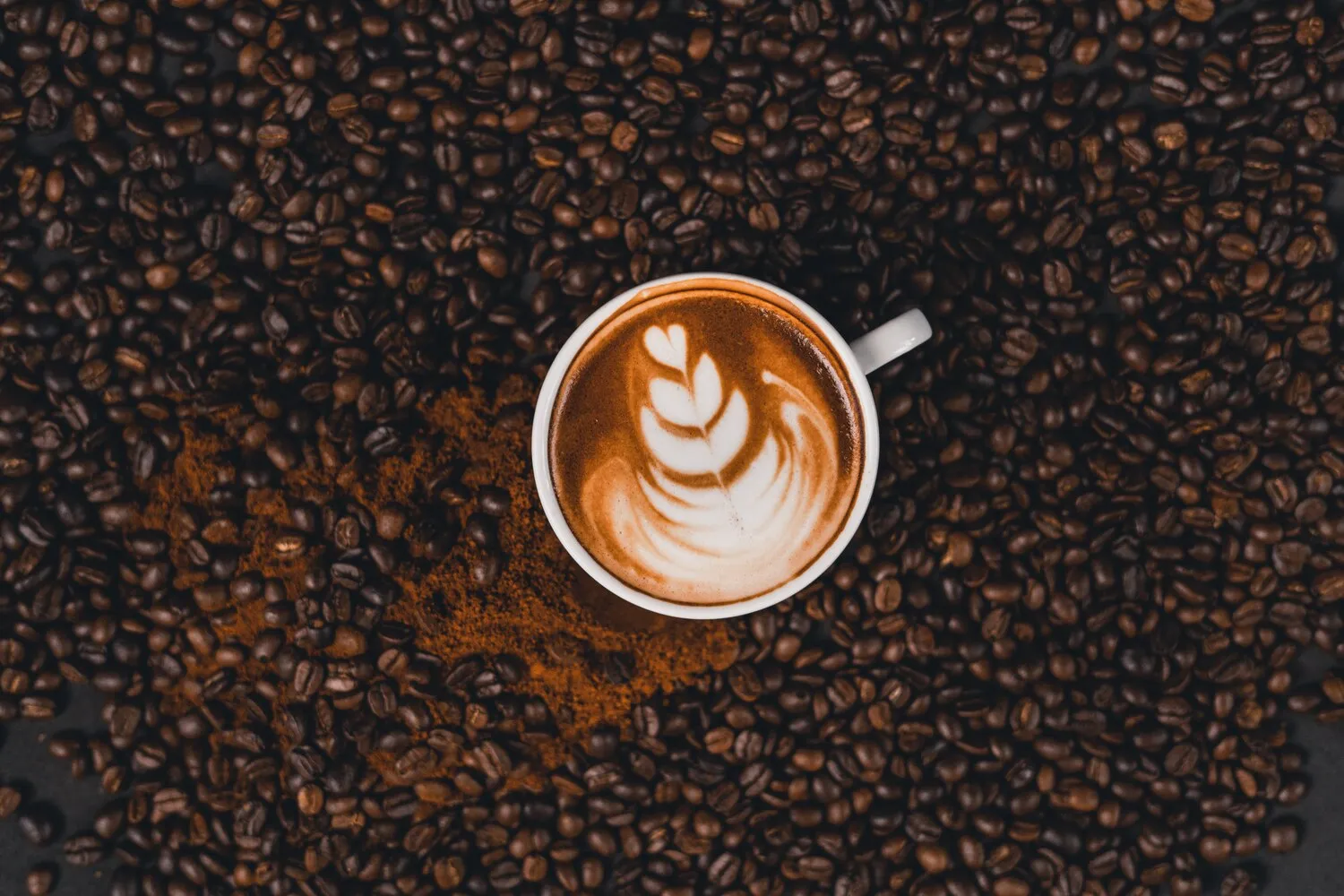
Cafés Especiais
Cafés especiais preparados com grãos selecionados, oferecendo uma variedade de sabores e aromas.
Nutrition Facts
* The % Daily Value (DV) tells you how much a nutrient in a serving of food contributes to a daily diet. 2,000 calories a day is used for general nutrition advice.
Coffee's journey to Brazil began in the 18th century and quickly transformed the country's economy and culture. Initially cultivated for domestic consumption, coffee soon became a major export, shaping Brazil's agricultural landscape and social structure. 'Cafés Especiais' represent a modern evolution, focusing on quality and traceability.
In Brazil, 'Cafés Especiais' are more than just a beverage; they're a cultural experience, representing a shift towards appreciating quality and craftsmanship within the coffee industry.
Specialty Coffee Shops
Specialty coffee shops are popping up across Brazil, acting as hubs for coffee lovers to discover new flavors, learn about coffee origins, and connect with baristas who are passionate about their craft. These shops emphasize the coffee's origin, roasting techniques, and proper brewing methods.
Coffee Tourism
Coffee tourism is growing in popularity, with visitors touring coffee farms to learn about the entire coffee production process, from planting to harvesting to roasting and brewing. These tours provide insight into the work of coffee farmers and the importance of sustainable practices.
Competitions and Awards
National coffee competitions and awards have emerged to recognize and celebrate the best 'Cafés Especiais' and the farmers who produce them. These competitions raise awareness about quality and encourage innovation in the coffee industry.
Cafés Especiais offer a spectrum of flavors, moving beyond the standard coffee taste. Expect complexity, nuance, and a clean, balanced cup.
The flavors of 'Cafés Especiais' are diverse and depend on the bean variety, terroir (soil, climate, and altitude), processing method, and roasting profile. Common flavors include: Fruity notes (berries, citrus), Chocolate and Caramel, Nutty undertones, Floral aromas (jasmine, honeysuckle), Spice (cinnamon, clove), and a balanced acidity and body. The origin of the beans plays a huge role in this flavor diversity; for example, a coffee from Cerrado Mineiro can differ greatly from one of Mantiqueira de Minas, both in Brazil.
Brewing Method
Experiment with different brewing methods like pour-over (Hario V60, Chemex), French press, Aeropress, or espresso to discover how each method highlights different aspects of the coffee's flavor profile. Select the method that best suits your taste and desired intensity.
Water Quality
Use filtered water to avoid introducing unwanted flavors that can mask the coffee's true character. Water temperature is also critical; aim for around 90-96°C (195-205°F) for optimal extraction.
Grind Size
Adjust the grind size according to your brewing method. A coarser grind is suitable for French press, while a finer grind is better for espresso. Experiment until you find the grind size that yields a balanced and flavorful cup.
Storage
Store your coffee beans in an airtight container in a cool, dark place to preserve their freshness and flavor. Avoid storing coffee in the refrigerator or freezer, as this can introduce moisture and affect the taste.
Explore additional Café dishes and restaurants
Explore CaféDiscover top dining spots and culinary experiences in Cascavel.
Explore CascavelLearn more about the food culture, restaurant scene, and culinary heritage of Brazil.
Explore Brazil